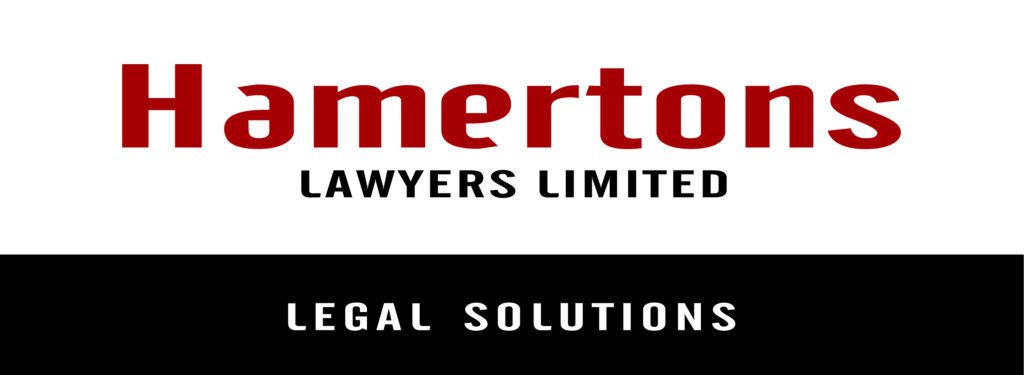News

What to consider when entering into an agreement for the sale and purchase of a small business
THIS BLOG IS BROUGHT TO YOU BY:

Every business is unique from the business activity undertaken to the assets it holds . The uniqueness of each business requires careful consideration before entering into an agreement for the sale and purchase of the business. There are two main ways businesses are sold . The first involves the sale of shares in the company and which conducts the business, the second involves the sale of the assets of a business.
This article specifically addresses the considerations for the sale and purchase of a small business by the purchase of assets.
So what should be considered?
CONFIDENTIALITY AGREEMENT
Before providing confidential information or documents to a prospective purchaser, the parties should enter into a confidentiality agreement. A confidentiality agreement provides protection to the vendor to ensure all information provided is not used by the purchaser in a way which may cause damage to the vendor’s business.
VENDOR’S PREPARATION FOR SALE
The vendor may want to undertake its own pre-sale due diligence to ensure that any potential issues raised by a purchaser may be identified prior to sale , for example:
- ensuring financial statements are up to date and the vendor has a current list of all assets and liabilities of the business
- obtain a business valuation to determine the potential sale price;
- determine what type of timeframes are necessary for sale
- is the vendor willing to continue to work in the business after the sale; and
- if the vendor rents the premises that a current lease is in place to be assigned.
PURCHASER’S DUE DILIGENCE
The purchaser may undertake due diligence either before or after signing an agreement for sale and purchase of the business. A purchaser should take time and care to ensure that a thorough due diligence investigation is completed which may include:
- business evaluation and financial viability
- legal advice
- tax and accounting advice
- review of any supply contracts or customer contracts;
- review of employment agreements and employee files; and
- Business Plan and projections.
AGREEMENT FOR SALE AND PURCHASE OF THE BUSINESS
Any business purchased by the sale and purchase of assets should be recorded in a written agreement. The agreement structure and terms of the agreement need to be fit for purpose and consider the unique aspects of the business. Most commonly an Agreement for Sale and Purchase of Business from the Law Association Inc (previously Auckland District Law Society) will meet the basic needs of the sale and purchase of a small business with some further terms prepared to reflect the unique aspects of the business.
In negotiating the terms of an agreement, the parties will need to consider the following:
1. Parties Involved
An agreement needs to record clearly the parties involved. If the parties are registered limited liability companies it may be appropriate that the directors of the companies be included in the agreement as covenantors and guarantors.
2. Assets
It is important that a list of tangible assets is provided, ideally with each asset having its own individual value, so a purchaser can consider the value of the assets they are purchasing as a part of their due diligence. The purchaser will also be purchasing intangible assets such as intellectual property, goodwill or the benefit of a lease, and stock in trade.
3. Purchase Price and Stock Adjustment
The purchase price for the business is usually made up of a value associated with the tangible assets, intangible assets, and stock in trade. The amount allocated to the stock in trade is an estimate and the actual amount payable on settlement will be confirmed by a stock-take. An agreement may have a stock adjustment percentage which allows for the fluctuation of the stock value to an increase or decrease by an agreed percentage.
4. Conditions to be Satisfied
The purchaser may make an agreement conditional on the following being satisfied:
- obtaining finance approval;
- undertaking due diligence;
- landlord’s approval to assignment of lease; and
- any other conditions to reflect the unique aspects of the business.
The parties will need to decide how long the parties will have to satisfy each condition.
5. Intellectual Property
Intellectual property will be given its own value under the sale and purchase agreement. This may include:
- websites and social media accounts;
- phone numbers;
- trade marks, brands, logos or trading names.
Clearly defining intellectual property ensures that the full benefit and value of the intellectual property of the business is transferred to the purchaser.
6. Restraint of Trade
The purchaser may require that the vendor agree to be bound by a restraint of trade period for a specific amount of time and within a particular geographical area. A restraint of trade period restricts the vendor, or associated persons to the vendor, undertaking a similar business which may compete with the business being sold.
7. Security Registration
The parties need to ensure that any assets being sold are the unencumbered property of the vendor. It is the responsibility of the vendor to discharge any security held by a third party over any asset on or before settlement.
8. Existing Contracts and Agreements
Any existing contracts supplier or customer contracts should be assigned or transferred to the purchaser on settlement. If required, a clause requiring this should be included in the agreement.
9. Employees
The parties will need to decide how employees will be dealt with under the agreement. A detailed and specific clause should be prepared to reflect the arrangement. The vendor must consider whether the proposed condition may result in a breach of the vendor’s employment obligations.
Careful consideration should be given and professional legal, financial, tax and accounting advice should be obtained before entering into an agreement to sell or purchase the business.















